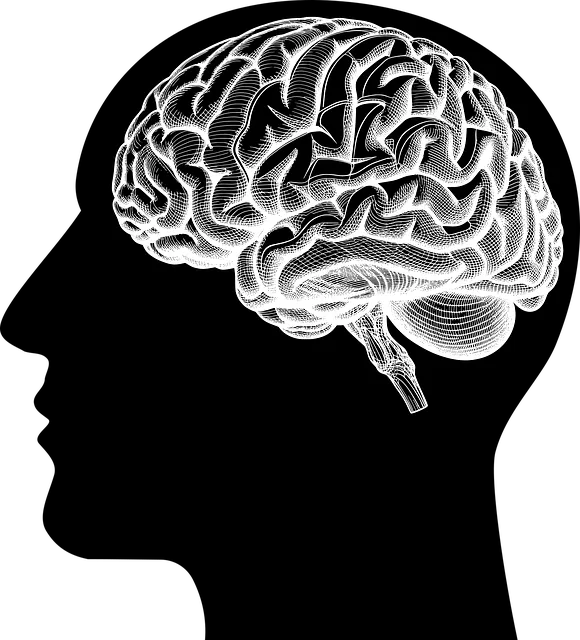Northglenn Kaiser Permanente mental health services revolutionize care through holistic evaluation, personalized evidence-based practices, and advanced assessment tools. They prioritize public education to combat stigma, offering coping skills development, burnout prevention, and Empathy Building Strategies for improved diagnosis accuracy. Their patient-centered approach ensures precise, tailored support for complex mental illnesses, transforming care delivery.
Mental illness diagnosis accuracy is a critical aspect of patient care, and continuous efforts are needed to enhance this process. This article explores innovative strategies employed by Northglenn Kaiser Permanente in their mental health services, focusing on improving diagnostic accuracy. We discuss evidence-based practices that prioritize comprehensive assessment methods and patient-centered care. By examining these approaches, we aim to highlight the significance of accurate diagnoses, ultimately fostering better outcomes for individuals navigating mental health challenges.
- Enhancing Diagnosis: Northglenn Kaiser Permanente's Approach
- Evidence-Based Practices for Mental Health Accurate Assessment
- Patient-Centered Care: Improving Mental Illness Diagnosis Accuracy
Enhancing Diagnosis: Northglenn Kaiser Permanente's Approach

Northglenn Kaiser Permanente has pioneered innovative approaches to enhancing mental health diagnosis accuracy. Their strategy focuses on holistic evaluation and personalized care, integrating advanced assessment tools with evidence-based practices. By promoting public awareness campaigns and education, they aim to destigmatize mental illness and encourage early intervention.
The organization emphasizes the development of coping skills and burnout prevention programs as integral components of their comprehensive mental health services. Through these initiatives, Northglenn Kaiser Permanente strives to empower individuals, families, and communities with the knowledge and resources necessary for effective mental wellness management.
Evidence-Based Practices for Mental Health Accurate Assessment

At Northglenn Kaiser Permanente mental health services, efforts to enhance diagnosis accuracy have led to the integration of evidence-based practices. These practices include advanced assessment tools and techniques that focus on holistic evaluation, considering not just symptoms but also individual circumstances and risk factors. One key approach is the implementation of Mental Wellness Coaching Programs Development, which combines therapeutic interventions with personalized support to improve mental health outcomes. By fostering open communication and teaching effective Conflict Resolution Techniques, these programs empower individuals to manage their conditions more effectively.
Additionally, Empathy Building Strategies play a pivotal role in accurate assessment. Mental health professionals are encouraged to develop deeper understandings of patients’ experiences by actively listening and demonstrating compassion. This not only improves the patient-provider relationship but also ensures that diagnoses are based on a comprehensive view of mental wellness, rather than just surface-level symptoms. Such strategies contribute to the overall accuracy and reliability of mental illness diagnosis in Northglenn Kaiser Permanente’s care settings.
Patient-Centered Care: Improving Mental Illness Diagnosis Accuracy

At Northglenn Kaiser Permanente, we’re revolutionizing mental health services with a patient-centered approach, aiming to enhance diagnosis accuracy and ultimately improve care outcomes. This strategy involves fostering open communication between patients and healthcare providers, ensuring every individual feels heard and understood. By creating an environment where patients actively participate in their treatment plans, we empower them to navigate their mental health journeys effectively.
Through this patient-focused care model, our services cater to the unique needs of each person. We recognize that mental illness is complex and multifaceted, affecting individuals differently. Therefore, we tailor interventions to address specific concerns, such as emotional regulation techniques for anxiety relief and cognitive behavioral therapy for depression prevention, ensuring a more precise and personalized approach to diagnosis and treatment.
Mental illness diagnosis accuracy is a multifaceted challenge, but with innovative approaches like those seen at Northglenn Kaiser Permanente, significant strides can be made. By implementing evidence-based practices and patient-centered care, healthcare providers can improve diagnostic integrity. These efforts not only enhance individual patient outcomes but also contribute to a more effective and efficient mental health services ecosystem, as demonstrated by Northglenn Kaiser Permanente’s leading practices in the field of mental health diagnosis.






